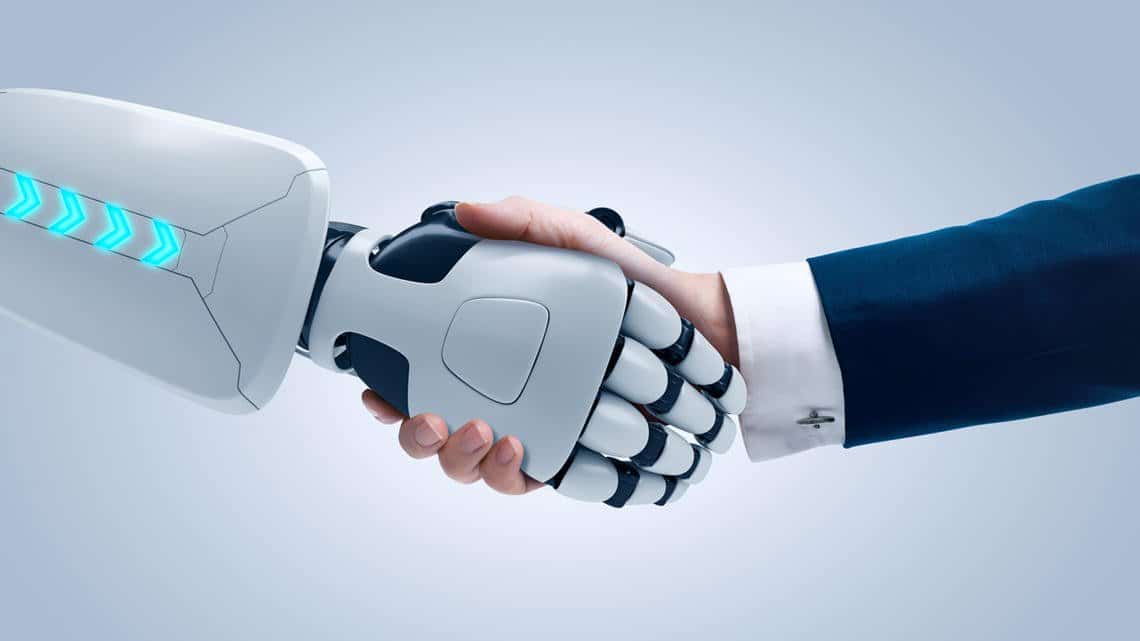5 skills to survive the future
What skills need to be developed? Surviving is a relative concept: you can do without a lot, but beyond easy philosophy, an immersive world like ours characterized by an enormous amount of information is a jungle that is difficult to cross without having strong shoulders. Here are 5 skills to focus on for society in the coming years: 1 – Knowing how to manage communications According to Nielsen, in the first quarter of 2010 European teenagers sent and received… Read more














